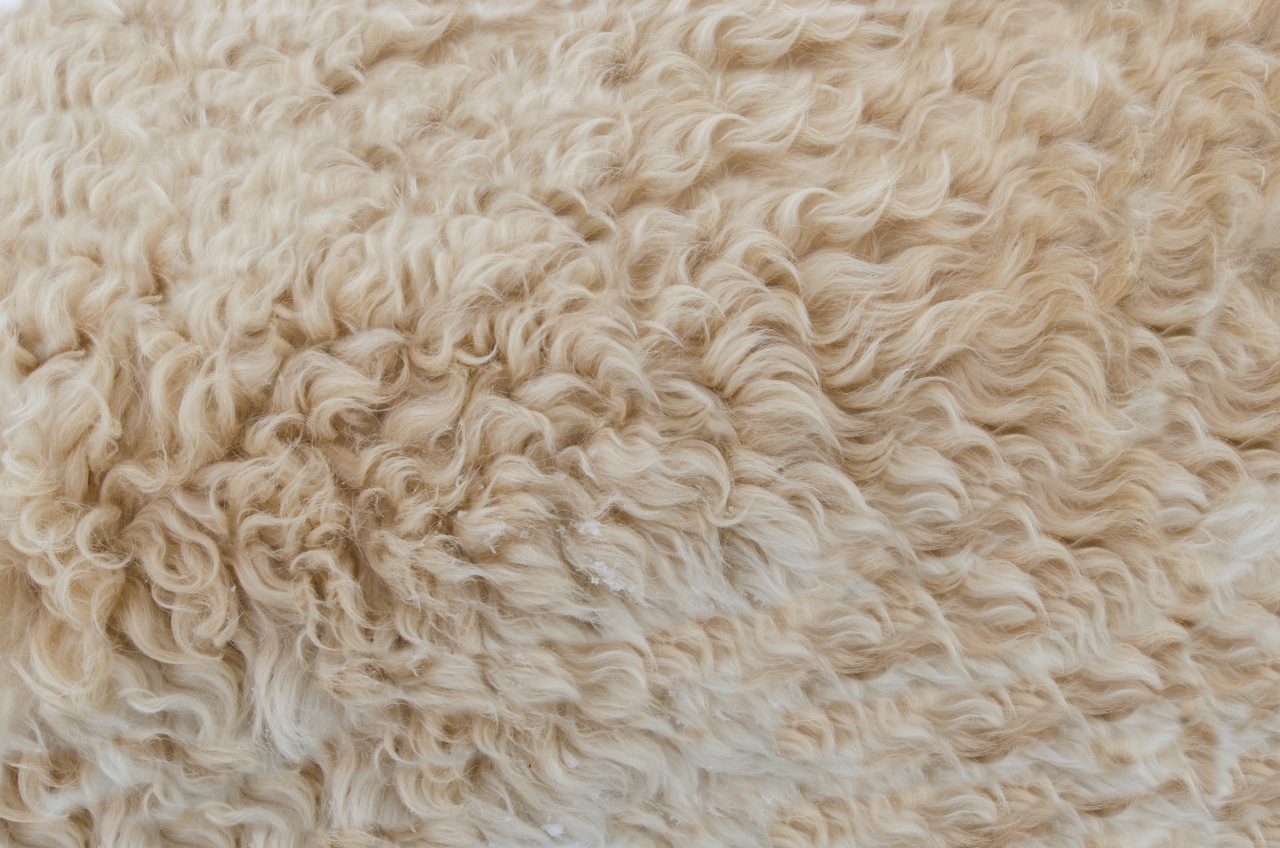When it comes to skincare, finding the right products that work for your skin type can be a never-ending quest. Dry skin, in particular, requires extra care and attention to prevent it from becoming dull, itchy, and flaky.
While there are numerous skincare remedies available on the market, one natural solution stands out: coconut milk. Derived from the flesh of coconuts, this creamy liquid offers a myriad of benefits for dry skin. In this article, we will explore the wonders of coconut milk and why it should be a staple in your skincare routine.
What is Coconut Milk?
Coconut milk is a milky white liquid extracted from the grated flesh of mature coconuts. It has been used in traditional skincare practices for centuries due to its rich nutritional profile and moisturizing properties.
Unlike coconut water, which is derived from the liquid inside young, green coconuts, coconut milk is extracted from the mature fruit. Its high-fat content gives it a thick and creamy consistency, making it an ideal ingredient for nourishing dry skin.
The Nutritional Benefits of Coconut Milk
Coconut milk is not only a delicious ingredient in various cuisines but is also packed with essential nutrients that benefit the skin. Here are some of the key nutritional components found in coconut milk:.
Vitamins
Coconut milk contains vitamins C, E, and B-complex, all of which play important roles in maintaining healthy and hydrated skin. Vitamin C boosts collagen production, aiding in skin elasticity and reducing the appearance of fine lines and wrinkles.
Vitamin E is a potent antioxidant that protects the skin from damage caused by free radicals, while B-complex vitamins help in cell renewal and overall skin health.
Minerals
Rich in minerals such as potassium, magnesium, and copper, coconut milk helps in maintaining proper skin hydration and promoting a youthful complexion.
Potassium aids in balancing skin moisture levels, magnesium contributes to skin cell regeneration, and copper supports collagen production, ensuring firm and supple skin.
Fatty Acids
Coconut milk contains various fatty acids, including lauric acid, capric acid, and caprylic acid.
These fatty acids possess antimicrobial and anti-inflammatory properties, making coconut milk beneficial for managing dry skin conditions such as eczema, psoriasis, and dermatitis.
Antioxidants
Antioxidants found in coconut milk, such as ferulic acid and caffeic acid, protect the skin from oxidative stress and free radicals. These antioxidants help to repair damaged skin cells and promote a youthful appearance.
Regular use of coconut milk can help fight signs of premature aging and maintain a vibrant complexion.
The Moisturizing Power of Coconut Milk
Dry skin craves moisture, and coconut milk is an excellent natural solution to provide that needed hydration. The rich and creamy texture of coconut milk allows it to deeply penetrate the skin, replenishing moisture and restoring its natural softness.
Unlike some commercial moisturizers that contain harmful chemicals and synthetic fragrances, coconut milk is gentle on the skin, making it suitable for those with sensitive or dry skin.
Along with its moisturizing properties, coconut milk also acts as a barrier on the skin’s surface, preventing moisture loss and protecting against environmental aggressors.
By locking in moisture and creating a protective layer, coconut milk helps to soothe dry, irritated skin and promotes a healthy, glowing complexion.
How to Use Coconut Milk for Dry Skin
There are several ways to incorporate coconut milk into your skincare routine to reap its maximum benefits:.
1. Coconut Milk Cleanser
Start your skincare routine by cleansing your face with coconut milk. Apply a small amount of coconut milk to a cotton pad and gently swipe it across your face, removing impurities and makeup. Rinse with lukewarm water and pat dry.
Coconut milk’s moisturizing properties will leave your skin clean and supple without any tightness or dryness.
2. Coconut Milk Bath
Add a cup of coconut milk to your warm bathwater and soak for 15-20 minutes. This luxurious bath will not only relax your body but also nourish your skin, leaving it soft and hydrated.
For an extra treat, add a few drops of your favorite essential oil for a soothing aroma.
3. Coconut Milk Face Mask
Mix two tablespoons of coconut milk with one tablespoon of raw honey and one tablespoon of oat flour to create a homemade face mask. Apply the mask to clean skin and leave it on for 15-20 minutes before rinsing off with warm water.
This mask will deeply moisturize and rejuvenate your skin, giving it a healthy glow.
4. Coconut Milk Moisturizer
Avoid store-bought moisturizers filled with chemicals and opt for a natural alternative. Apply a small amount of coconut milk directly to your skin and gently massage until fully absorbed.
This will provide instant hydration and keep your skin moisturized throughout the day. For an extra boost, add a few drops of jojoba oil or argan oil.
5. Coconut Milk Scrub
Combine equal parts of coconut milk and fine sugar to create an exfoliating scrub. Gently massage the scrub onto damp skin in circular motions, focusing on dry areas. Rinse thoroughly with water and follow up with a moisturizer.
This scrub will slough off dead skin cells and reveal smoother, more radiant skin.
In Conclusion
Coconut milk is not only a delicious addition to your kitchen pantry but also a versatile ingredient for dry skin care.
Packed with essential nutrients, moisturizing properties, and a range of skincare benefits, coconut milk offers a natural solution to combat dryness and nourish your skin. Whether used in cleansers, masks, or moisturizers, incorporating coconut milk into your skincare routine can help transform your dry skin into a soft, supple, and glowing complexion.





























